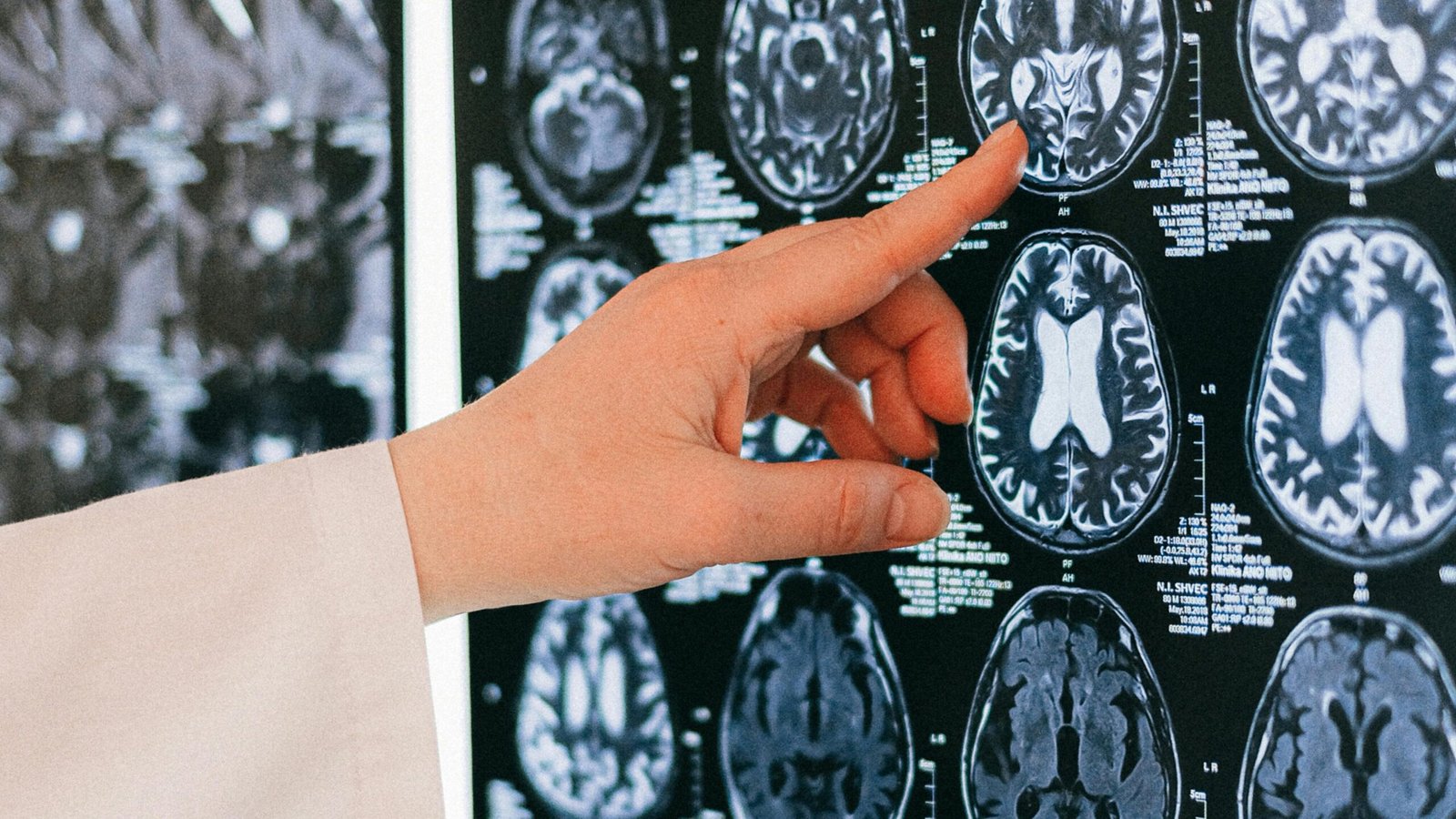Multiple Sclerosis (MS):
A chronic autoimmune illness that affects the brain and spinal cord, It is a condition that affects the central nervous system (CNS). It is typified by demyelination, in which nerve injury and impaired brain-to-body communication result from the immune system’s inadvertent attack on the protective myelin sheath surrounding nerve fibers.
Etiology:
Although the precise etiology of multiple sclerosis remains unknown, it is thought to be caused by a combination of genetic, environmental, and potentially infectious elements. An increased risk of MS is linked to specific genes, and environmental factors like smoking, low vitamin D, and viral infections (such as the Epstein-Barr virus) may also play a role.

Symptoms:
The location and degree of CNS involvement determine the wide range of symptoms that people with MS experience. Typical signs and symptoms include:
• Disturbances in sensation: tingling, discomfort, or numbness.
• Motor symptoms include stiffness, weakening in the muscles, and issues with balance and coordination.
• Visual abnormalities: loss of vision due to inflammation of the optic nerve, double vision, and blurred vision.
• Fatigue: A typical and frequently incapacitating symptom.
• Constipation, frequency, urgency, and incontinence in the urine are symptoms of bladder and bowel dysfunction.
• Cognitive alterations: mood swings, trouble concentrating, memory issues.
Diagnosis:
The clinical evaluation and supporting data from numerous tests, such as the following, are used to diagnose MS:
- Magnetic Resonance Imaging (MRI): identifies CNS lesions or plaques.
- Lumbar puncture: Look for oligoclonal bands in cerebrospinal fluid, which can be a sign of an aberrant immune response.
- Evoked potentials: Monitor the brain’s electrical activity in reaction to stimuli, which may be a sign of compromised nerve transmission.
- Blood Tests: Blood testing can help rule out other ailments that have similar symptoms, such as infections or autoimmune diseases like lupus, even though there isn’t a specific blood test for MS.
- Revised McDonald Criteria: Based on the correlation of clinical symptoms, MRI results, and CSF analysis, the McDonald Criteria serve as diagnostic recommendations for multiple sclerosis. Particularly in the early phases of the illness, these factors aid in solidifying an MS diagnosis.

Course:
Multiple sclerosis (MS) can progress in a variety of ways, such as:
- Relapsing-Remitting MS (RRMS): distinguished by intervals of onset or exacerbation of symptoms (relapses) interspersed with intervals of either full or partial recovery (remissions).
- Secondary Progressive MS (SPMS); starts out as RRMS before changing to a more gradually evolving form.
- Primary Progressive MS (PPMS): characterized by a steady increase in symptoms from the beginning without any relapses or remissions.
Treatment:
The goals of MS treatment are to control symptoms, alter the course of the disease, and enhance quality of life. Among the options are:
- Disease-modifying therapies (DMTs): drugs to lessen the frequency and intensity of relapses, such as glatiramer acetate, interferons, and monoclonal antibodies (natalizumab, ocrelizumab).
- Steroids: are applied to lessen inflammation and cut down on the length of relapses.
- Symptomatic treatments: drugs for weariness, pain, bladder problems, and stiffness.
- Rehabilitation: occupational and physical therapy to preserve and enhance function.
Prognosis:
The outlook for MS patients varies. While some people only have minor symptoms and sporadic relapses, others may eventually become seriously disabled. Long-term results can be improved and the disease can be managed with early detection and treatment.
What is Multiple Sclerosis (MS)?
A chronic illness, multiple sclerosis (MS) affects the brain and spinal cord as part of the central nervous system (CNS).
What are the common symptoms of MS?
Fatigue, numbness, tingling, muscle weakness, eyesight impairments, balance problems, and cognitive difficulties are common symptoms.
Is MS contagious?
No, MS cannot be spread. It is an autoimmune condition where the immune system of the body unintentionally targets its own tissues.
What are the treatment options for MS?
Disease-modifying therapies (DMTs), corticosteroids, physical therapy, and symptomatic care are among the available treatments.

1 thought on “Understanding Multiple Sclerosis: Symptoms and Diagnosis”